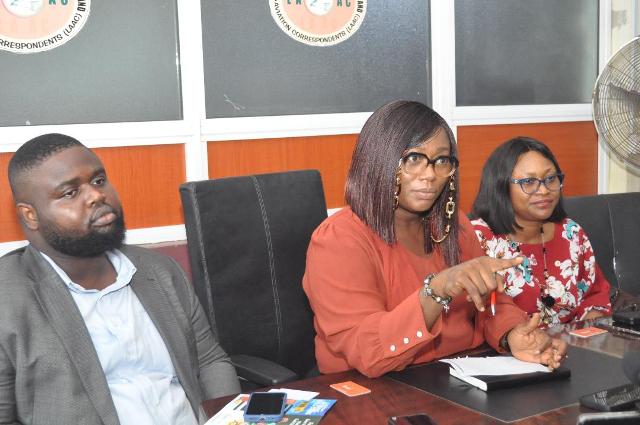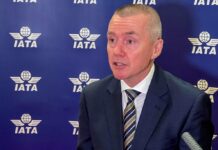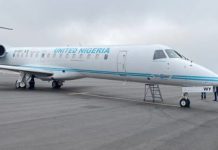
The group manager, marketing and communication for Ibom Air, Mrs. Aniekan Essienette, has expressed concern about the free fall of the naira saying it has added significantly to airlines’ operating costs.
She stated this in her speech during a courtesy visit to the League of Airport and Aviation Correspondents (LAAC) in Lagos.
In spite of the development, Essienette said airlines could not increase their fares proportionately with the current reality.
“About two weeks ago, we bought fuel at about N800, but today, it is N1, 500 and the expectation is that you should not increase fares. If a bolt is loose, we don’t manufacture it here, you have to have naira, which has to wait for available dollars and until you get dollars, you will not be able to transmit it, which is a huge challenge.” This is the dilemma that we have found ourselves in,” she said.
Essienette made a case for a favourable environment for airlines to operate seamlessly, stating that the external factors make it difficult to deliver on the principles which the business is built.
“Since we are not an aircraft manufacturing nation, we have to import most spares for aircraft, a process which is now slow due to the challenges of accessing foreign exchange.
“Sometimes we have to handle glitches like bolts. We don’t manufacture bolts and we have to import bolts. We hope our operating environment becomes more favourable such that we can acquire parts. Sometimes we get the parts and have to go through customs. These are things you don’t see and it is a struggle but we are coping,” she said.
On the maintenance, repair and overhaul (MRO) facility of the Akwa Ibom State government, she said the project aimed at filling the absence of a maintenance organisation in Nigeria, curb capital flight and reduce cost of maintenance for airlines.
She disclosed that the government had embarked on a tripod aviation eco-system which includes a state- of the art terminal, the MRO facility and the Ibom Air.
“Our MRO is to fill a gap in the aviation space as we have only a few MROs in the entire African countries. The plan as at the time of setting up was to go into MRO in order to capture the market, reduce high cost of maintenance across the country, and reduce capital flights associated with maintenance.
“The next phase was then the airport and the third phase was the airline. With the new terminal, we hope to become a hub and ensure it is in tune with our business plan of becoming a regional airline.
“We will be able to service not just the region in Nigeria, but the entire West African region. We intend to build a truly hub airport for the first time in Nigeria. That’s the idea,” she added.
Speaking about the airline’s newly acquired Airbus A220-300 aircraft, Essienette said it would soon be put into service following the final stages of regulatory certification.























































